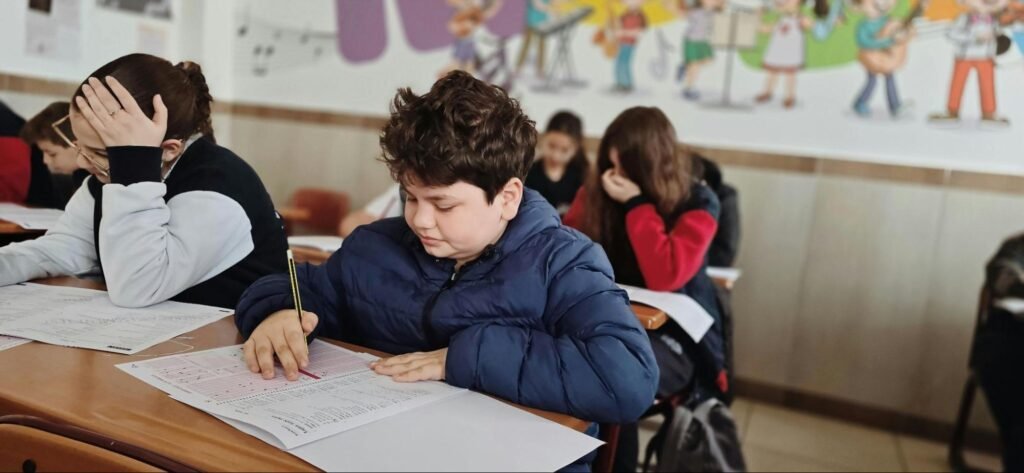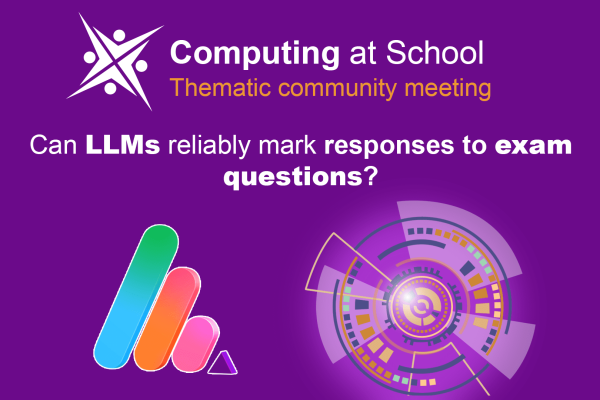🔵 Introduction – Why Smarter Revision Matters Now More Than Ever
Students aren’t just tired. They’re overwhelmed, despite dedicating extensive hours to GCSE revision.
That’s the real issue: time spent revising doesn’t always equal progress. In fact, many GCSE students find themselves endlessly re-reading notes or watching topic videos on repeat, unsure if any of it is actually helping.
“I study every day,” one Year 11 student shared, “but when I sit a past paper, I still mess it up. I don’t know what I’m doing wrong.”
This gap between effort and effectiveness is widening, and it’s not because students aren’t trying.
It’s because they don’t know what to prioritise.
In this blog, we’ll explore how revision can be smarter, not longer, and how teachers and students are beginning to use tools (including AI) to focus on what matters most.

➡️ So why does this happen, and what can we do about it? Let’s take a closer look.
Table of Contents
🔵 The Real Issue: Students Don’t Know What to Prioritise
Most students don’t lack motivation; they lack effective revision strategies to guide their efforts.
When revision season hits, many fall into a familiar cycle: re-reading notes, highlighting textbooks, or watching long YouTube videos. It feels productive at the moment, but it rarely targets what actually needs improvement.
“I revise the topics I like because I understand them,” one GCSE student admitted. “The others just make me panic.”
This is what teachers are seeing too:
Students are revising what’s easy, not what’s essential, often because they don’t know where their real weaknesses lie.
And when students don’t know what to focus on, two things happen:
- They waste time going over content they’ve already mastered
- They avoid the areas that actually need the most work
The result? Hours of revision, little improvement, and growing anxiety.
What students really need isn’t just more time.
They need smarter tools that show them where to spend it.
The right GCSE revision strategies can make a huge difference if students know what to target.

➡️ In the next section, we’ll explore what prioritised revision actually looks like ,and how some schools are helping students shift from scattered effort to focused progress.
🔵 Smarter, Not Longer: What Prioritised Revision Looks Like
Smarter revision isn’t about working harder; it’s about implementing effective revision strategies that maximize outcomes.
The most effective students don’t start by re-reading everything. They start by asking a simple question:
👉 “What am I struggling with, and how do I fix it?”
That’s the shift we’re seeing in more classrooms:
From revision that’s routine, to revision that’s responsive.
So what does that look like in practice?
- Confidence rating checklists
Students rate how confident they feel about each topic before revising. This helps them spot gaps before the gaps cause damage. - Targeted re-attempts
Instead of repeating full papers, students focus on the questions or topics they’ve previously struggled with. - Retrieval over re-reading
Rather than highlighting, students practice pulling information from memory, a proven way to make learning stick. - Timed micro-sessions
20 minutes on a weak spot, with immediate review. No more 2-hour marathons with no clear goal.
“It was the first time I saw my class revising based on what they needed, not just what came up on a random YouTube playlist,” one teacher noted.
And when revision is focused, progress becomes visible, not just hoped for.

For more general techniques, this GCSE revision guide by UCAS also outlines time-tested approaches like mind-mapping and environment control.
➡️ In the next section, we’ll explore how AI is helping students (and teachers) make these decisions faster, and with more confidence.
🔵 From Guesswork to Guidance: How Teachers Spot Issues Earlier
When marking piles up, it’s easy to miss the patterns, until mocks arrive and it’s too late to course-correct.
Teepee changes that.
With AI tools for exam preparation providing instant feedback for students, teachers can swiftly identify:
- Topics students consistently struggle with
- Misconceptions spreading across a class
- Gaps before they turn into setbacks
“Before Teepee, I didn’t catch the issue until the end-of-topic test,” said one teacher. “Now I can adjust after a single quiz.”
It’s not just for essay-based subjects either. In computing, Teepee flags when students confuse loops with conditions or skip key syntax, helping teachers tweak their approach straight away.
Early insight means timely action.

If you’re looking for a content-based revision plan, BBC Bitesize’s GCSE revision resources are still a great place to start.
➡️ Let’s close by looking at what smarter revision really means for students, and why prioritising matters just as much as preparing.
🔵 How GCSE Revision Feels When It’s Smart, Not Stressful
When students stop guessing and start focusing, revision shifts from exhausting to effective.
They’re not just putting in hours, they’re getting outcomes.
They know what to work on, why it matters, and how to improve.
“I used to just highlight everything,” one GCSE student said. “Now I actually know where I’m going wrong, and I fix that first.”
Many students describe this as the first time GCSE revision has actually felt manageable.
With personalized learning through AI tools like Teepee, prioritisation becomes an integral part of the revision process:
- Questions are aligned to specific topics
- Feedback is clear and actionable
- Students build confidence by understanding exactly where they’re improving
The goal isn’t just more revision, it’s smarter, targeted revision that builds clarity.
Because when students revise with direction, not just discipline, they don’t burn out.
They build momentum.
👉 If exam stress is getting in the way of progress, our GCSE exam anxiety guide shares simple strategies teachers can use to support students emotionally and academically.
For trends in how schools are adapting revision strategies, check out our exam preparation trends blog.
🔵 Try It Yourself, No Sign-Up Needed
Interested in experiencing how AI tools for exam preparation can transform your revision?
👉 Explore our AI exam preparation tool
Discover how Teepee supports smarter GCSE revision with instant feedback and actionable insights.




